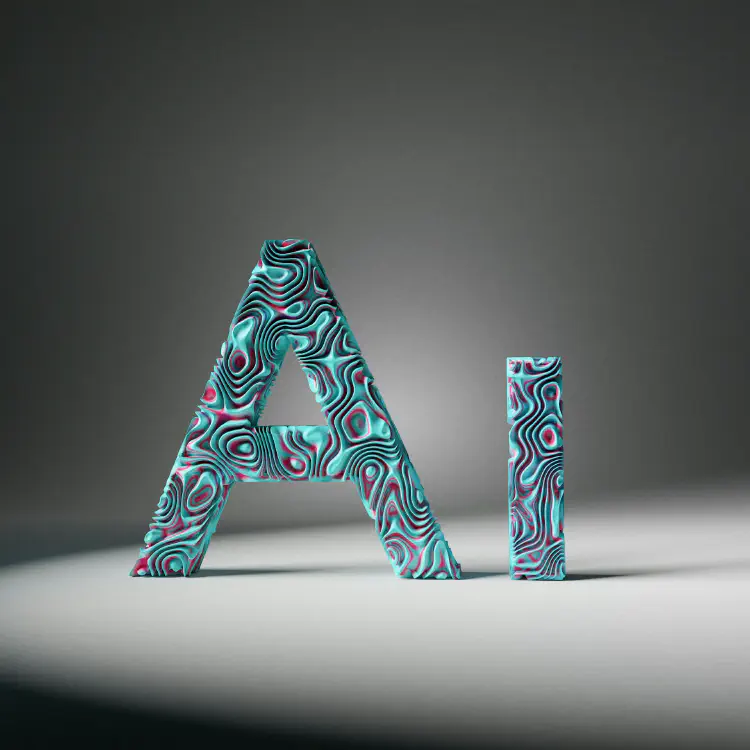The Future of AI in Everyday Life
From Smart Homes to Personal Assistants
- Jay McBride
- 4 min read

Artificial Intelligence (AI) has been a buzzword in tech circles for years, but it’s no longer just a futuristic concept confined to sci-fi movies or high-tech labs. AI has quietly woven itself into the fabric of our daily lives. From the moment we wake up to when we unwind at night, AI is there, subtly making our routines smoother, more efficient, and occasionally, a bit more complicated.
Waking Up in a Smart Home
Let’s start with the basics—our homes. The idea of a “smart home” has been around for a while, but AI has taken it to the next level. Remember when controlling your lights, thermostat, and coffee maker from your phone seemed like something out of a James Bond movie? Now, it’s just Tuesday.
AI-driven devices like Google Nest, Amazon Echo, and others have made managing our homes more seamless than ever. With a simple voice command, you can set the perfect temperature, dim the lights, and even play your morning playlist. It’s not just about convenience; it’s about creating an environment that adapts to your needs without you lifting a finger.
But it’s not all smooth sailing. As these devices become more integrated into our lives, we start to see the fine print—the occasional glitches, the privacy concerns, and the realization that maybe, just maybe, these devices know more about us than we’d like.
Personal Assistants: Our New Best Friends?
If you’ve ever used Siri, Alexa, or Google Assistant, you’ve interacted with AI in one of its most accessible forms. These personal assistants are designed to make our lives easier by managing schedules, setting reminders, answering questions, and even telling a joke or two.
What’s fascinating about AI personal assistants is how quickly they’ve gone from novelty to necessity. We rely on them to get through our day, and in many ways, they’re becoming an integral part of our routines. Need to know the weather? Ask Alexa. Can’t remember the name of that song? Google Assistant’s got you covered.
However, as much as we love our AI assistants, there’s a lingering concern about how much they’re listening. Every command we give is data—data that’s stored, analyzed, and potentially shared. The more personalized and helpful these assistants become, the more data they need to function. It’s a trade-off we’re still figuring out.
AI in Healthcare: A Helping Hand
Beyond the comforts of home, AI is making significant strides in more critical areas like healthcare. From predictive diagnostics to personalized treatment plans, AI is helping doctors and medical professionals make more informed decisions, faster. For instance, AI algorithms can analyze medical images quicker and, in some cases, more accurately than humans, catching issues that might otherwise go unnoticed.
Consider the example of IBM Watson Health, which uses AI to assist doctors in diagnosing diseases and suggesting treatment plans based on a vast database of medical research. The idea that a machine could help save lives is incredibly powerful.
But, as with all things AI, there’s a catch. The reliance on data—lots of data—raises questions about privacy and security. As we move towards a more AI-driven healthcare system, balancing the benefits with the risks becomes crucial.
The Ethical Dilemma: Who’s Really in Control?
As AI becomes more ingrained in our lives, we’re starting to grapple with some serious ethical questions. Who controls the AI? How is our data being used? What happens when AI makes a mistake?
These aren’t easy questions, and the rapid pace of AI development means the rules are constantly being rewritten. We’ve already seen instances where AI systems have made biased or unfair decisions. As we continue to integrate AI into more aspects of our lives, ensuring that these systems are transparent, fair, and accountable will be crucial.
Looking Ahead: The Road to an AI-Driven Future
AI is here to stay, and its role in our everyday lives is only going to grow. From smart homes to personal assistants to healthcare, AI is making our lives more convenient, but it’s also introducing new challenges.
So, as you ask Alexa to play your favorite song or set your smart thermostat to the perfect temperature, take a moment to think about the AI working behind the scenes. It’s doing more than just following commands—it’s quietly, and sometimes not-so-quietly, becoming a part of our lives.
The key to navigating this AI-driven future is staying informed and engaged. AI is an incredibly powerful tool, but like all tools, it’s up to us to use it wisely. The future of AI isn’t just about what the technology can do; it’s about how we choose to integrate it into our lives. Let’s make sure we do it right.
